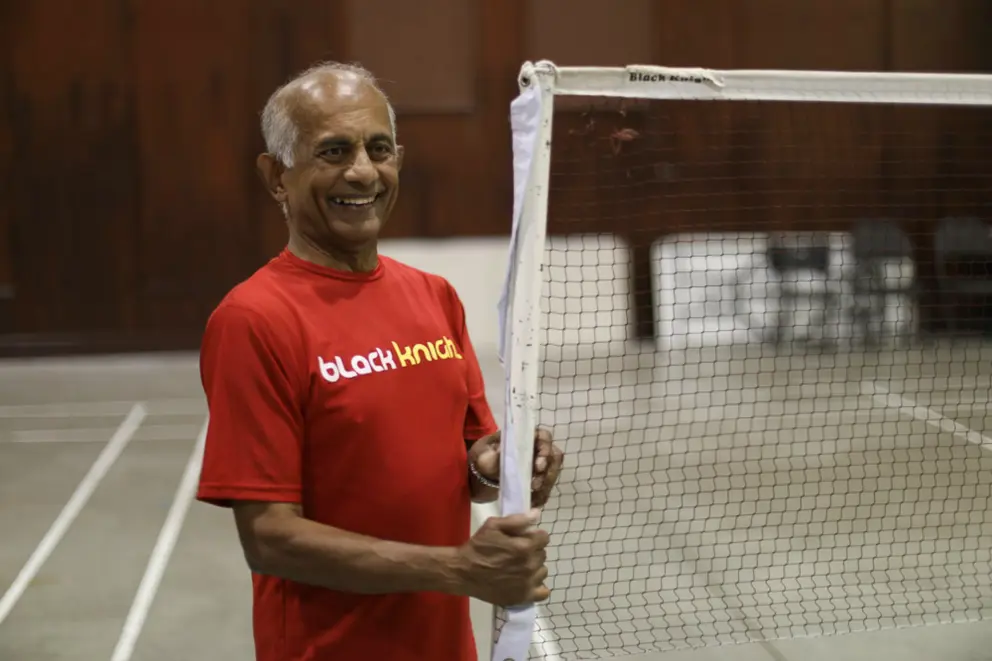A diagnosis of heart failure can be devastating, especially for those without a support network.
“Some people feel cast adrift and very alone after they learn of their condition,” says Dr. Gavin Arthur, senior manager of the Promote Recovery program at Heart & Stroke. That’s why Heart & Stroke recently launched a Facebook group aimed at connecting Canadians who have heart failure.
“We’re helping connect people living with the disease and creating an environment where people can share their stories and support each other,” Dr. Arthur says.
An estimated 600,000 Canadians are living with heart failure, with more than 50,000 new diagnoses each year.
Jerry Alfonso, 70, of St. Hubert, Que., was diagnosed with heart failure after surviving two heart attacks. Fortunately, Jerry has a large family and many friends and community members to lean on.
But after attending a heart failure conference and talking with other people living with the condition, he learned this is not the case for everyone. Many people without a support network like Jerry’s expressed feeling depressed and alone. “It was that point in time I realized that I was richly blessed,” says Jerry. “My spouse, my family and my faith played a very large part in my recovery.”
Heart failure develops after the heart becomes damaged or weakened. The heart is not strong enough to move blood around the body properly, especially during increased activity or stress. In addition, the heart muscle may not relax properly to accommodate the flow of blood back from the lungs to the heart.
There is no cure, but early diagnosis, lifestyle changes and appropriate drug treatments can help people lead an active life, stay out of hospital and live longer.
Dr. Arthur says people living with heart disease can become socially isolated or physically limited. “Strengthening social and emotional connections is an important aspect of taking control and experiencing a better quality of life.”
Jerry now incorporates as much physical activity as possible into his day, including social activities such as badminton and dancing. He makes a point to call his friends with heart conditions to encourage them to get out and exercise too. “A lot of them don’t make the extra effort,” says Jerry.
He teaches line dancing classes several times a week as a way to stay active and connected to his community. “I’ve been focused on reaching out to people to get up and exercise, and while they come dance with me I try to talk with them and encourage them to eat a healthy diet,” he says. “If I can do it, you can do it.”
Connecting with people who understand can be a great source of information and support. Heart & Stroke has created a Facebook group for people living with heart disease. To join, search for Community of Survivors on Facebook.
- Learn more about heart failure
- Making a new life of opportunities after heart failure
